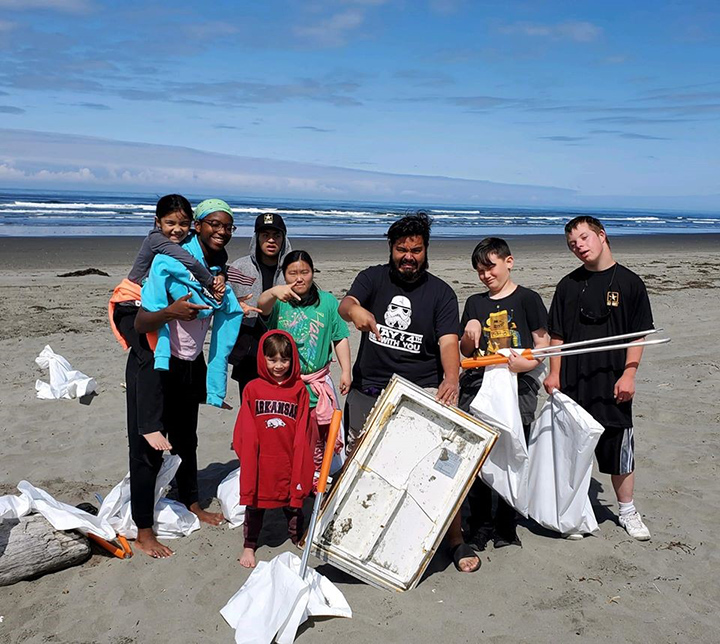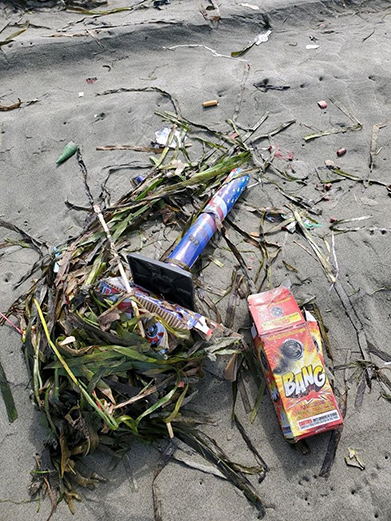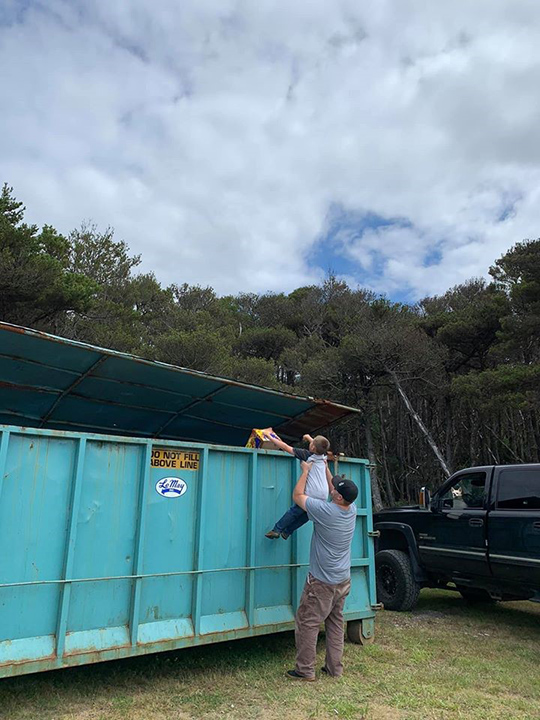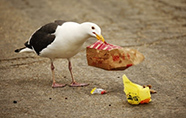
Fireworks, cold drinks, and flip-flops are essentials for a Fourth of July celebration at your favorite beach. However, when abandoned or forgotten, these items can transform beautiful shorelines into littered eyesores overnight.
Clean Beaches Week is held July 1 – 7, a time when beaches are especially vulnerable to more trash. The Fourth of July is one of the most popular beach days of the year and as a result, the most littered!
How can I help my beach?
- Use the beach’s trash cans and dumpsters.
- Leave no trace: Pack out everything you brought in .
- Reduce use: swap out disposables for reusable containers or bags.
- Volunteer at beach cleanups or spearhead your own!
Join a beach cleanup
Pick up trash at your favorite beach next time you visit. All that’s required is a pair of gloves and a bag! Volunteer for a cleanup event at your favorite beach
One to try is the annual July 5 Beach Cleanup at Twin Harbors State Park in Westport. The Olympia Surfrider Chapter, Washington Coastsavers, and Washington State Parks team up to host this annual event.
Litter and water quality
Trash is not only an eyesore, but it can indirectly affect the water quality at your beach. Just like food, litter encourages birds and other wildlife to hang around longer than they should, ultimately bringing more animal poop to the beach.
When we find fecal bacteria in the water, we advise the public to avoid contact with the water or sand. This includes swimming, wading, beachcombing, kayaking, and paddle boarding.
Stay up-to-date on beach closures
View Current Swimming Advisories to check your beach’s status. You can also join our listserv, connect to us on Facebook, or follow our Fecal Matters Blog.
Interested in learning more? Visit our website or Contact BEACH.




